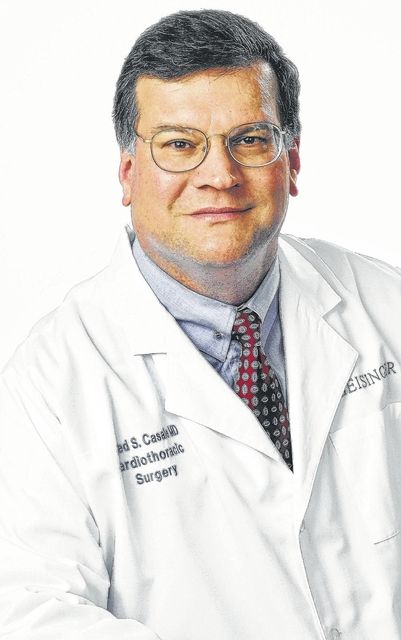Click here to subscribe today or Login.
It was a wonderful Thanksgiving.
Kate and Rowan got in on Tuesday with no problem. Kate and her seatmate struck up a conversation that led to a remarkable interchange. You see, this pleasant woman had moved to Chicago from the valley but was returning to the area to spend Thanksgiving with her extended family. To keep up with life in the valley she reads the Times-Leader online most weeks, including, this column.
When Kate started talking about herself and what Mary and I do in the area, her traveling companion’s eyes widened she exclaimed, “That’s Rowan! And you’re Kate!”
It sure seems that you guys are paying attention.
Thanks.
Andy joined from his business meetings in New York, and two of Mary’s sisters and their guys, as well as some local friends, gathered for food, football, fellowship and fun.
Ro has developed lots of new tricks since I saw her in late October. Things change fast at 14 months. Pretty stable on her feet, babbling like crazy and just now, giving the “raz.” By the end of the visit though, she had a bit of a cough. She didn’t have a fever, she slept and ate normally but it seemed like something was brewing. I was so pleased to see how every time Ro coughed, Kate covered her mouth gently to try to limit the “fallout.”
When you wake up with a case of the sniffles, a cough and a mild fever, you’ll have to decide whether you can still make it to work or school. You likely have deadlines approaching or important classes to attend.
But when is it appropriate to go to work sick, and when should you stay home to avoid infecting your coworkers and classmates?
No one likes to call in sick because often it means you may have to use a personal day and you’ll probably come back to backed-up work – it seems like a lose-lose situation. But if you’re feeling unwell and feel like you won’t be able to perform the way you normally would, you most likely should stay home.
Here are some questions to consider:
Are you contagious?
If you have a bacterial or viral infection, you are contagious and can infect others around you.
You’re most contagious when you first feel symptoms coming on, before you are really sick.
If you feel illness coming on when you wake up in the morning, stay home from work. The following days – when your symptoms are actually peaking – you may consider going to work depending on other variables.
Are you taking medicine that will impact your performance?
If you’re taking medicine that may leave you feeling drowsy or less-than-alert, such as some pain medications or antihistamines, you may want to stay at home.
You should take a day off work or school if you’re taking medicine that will inhibit your performance and may also affect your ability to drive or do other tasks. Not only could you have trouble performing, but trying to drive or perform motor tasks could be dangerous to others.
Do you work with a sensitive population?
If you work with small children, elderly, or in a hospital or other healthcare setting, you should certainly stay home to prevent passing illness to people who are prone to getting sick or have compromised immune systems.
These work settings likely have policies that prohibit you from working when you’re ill. Take them seriously.
Will going to work prevent you from getting better faster?
If you’ve pushed yourself too hard and that’s contributed to your getting sick, what your body really needs is time to rest and recuperate.
Listen to your body – and your doctor – and consider staying home when you feel you need a day to sleep, relax and charge your batteries.
Your colleagues will likely pitch in to help take the work off your plate while you recover. And they’ll really thank you for not getting them sick, too.
Be sure to wash your hands frequently and cover your mouth when you cough or sneeze to help people around you stay healthy. Be sure to keep towels, dishes and utensils to yourself too.
It’s a good idea to disinfect “high-touch” areas like doorknobs, light switches, sinks, faucets and counters to prevent spreading germs.
Turns out that by the time they left on Sunday Ro’s cough had pretty much cleared but I wound up with moist eyes and a huge lump in my throat.








